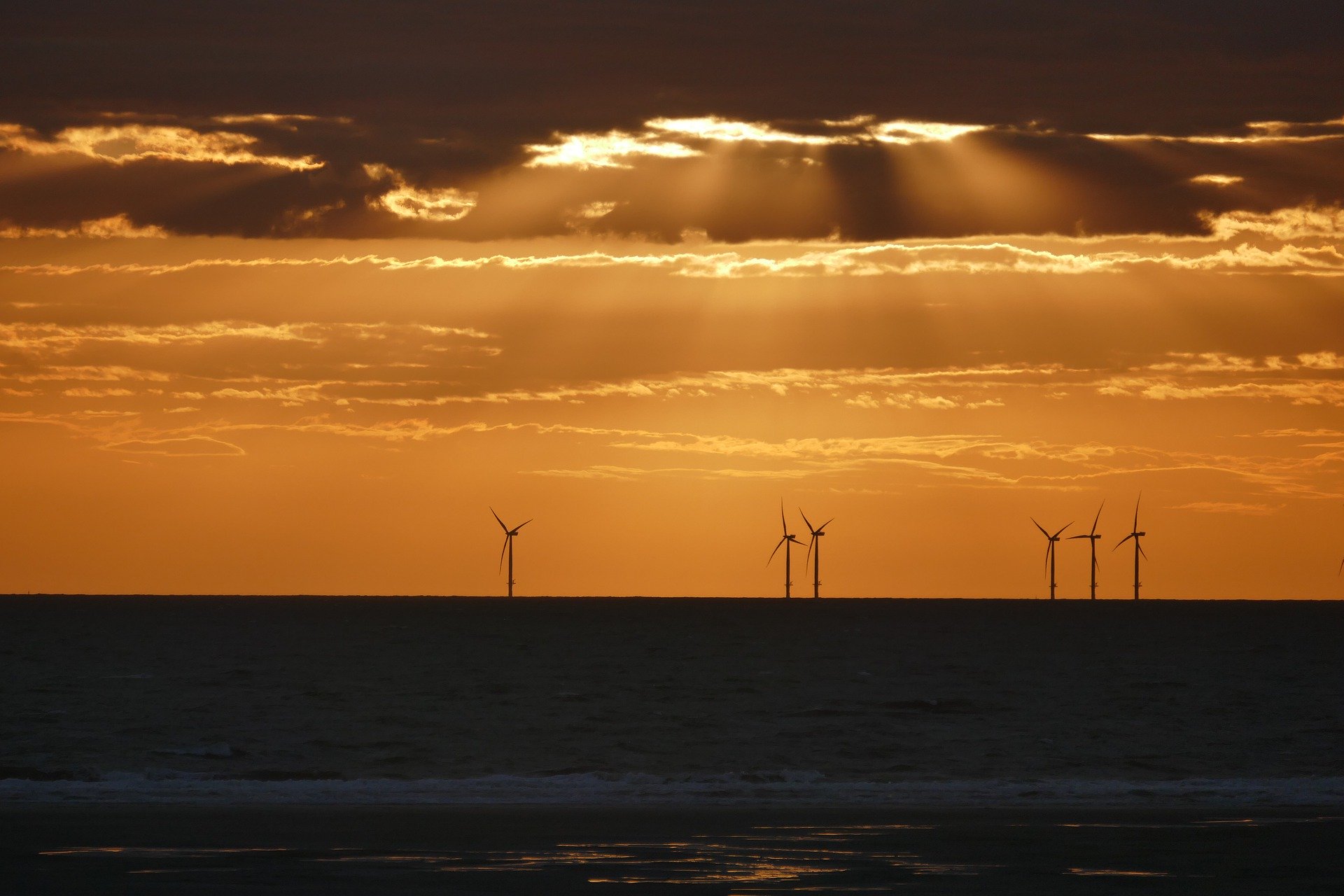

News
News from the energy sector
Energy law is an interdisciplinary subject that has intersections with general commercial law, company law, administrative law, construction law, public procurement law and energy tax law, among others.


BSH presents draft land development plan 2020 – start of public participation period

Amendments to the Wind Energy-to-Sea Act: Digitisation of planning and approval procedures

BGH specifies requirements for civic energy companies in the EEG

Testing competence of the BNetzA in the tendering process for onshore wind energy
